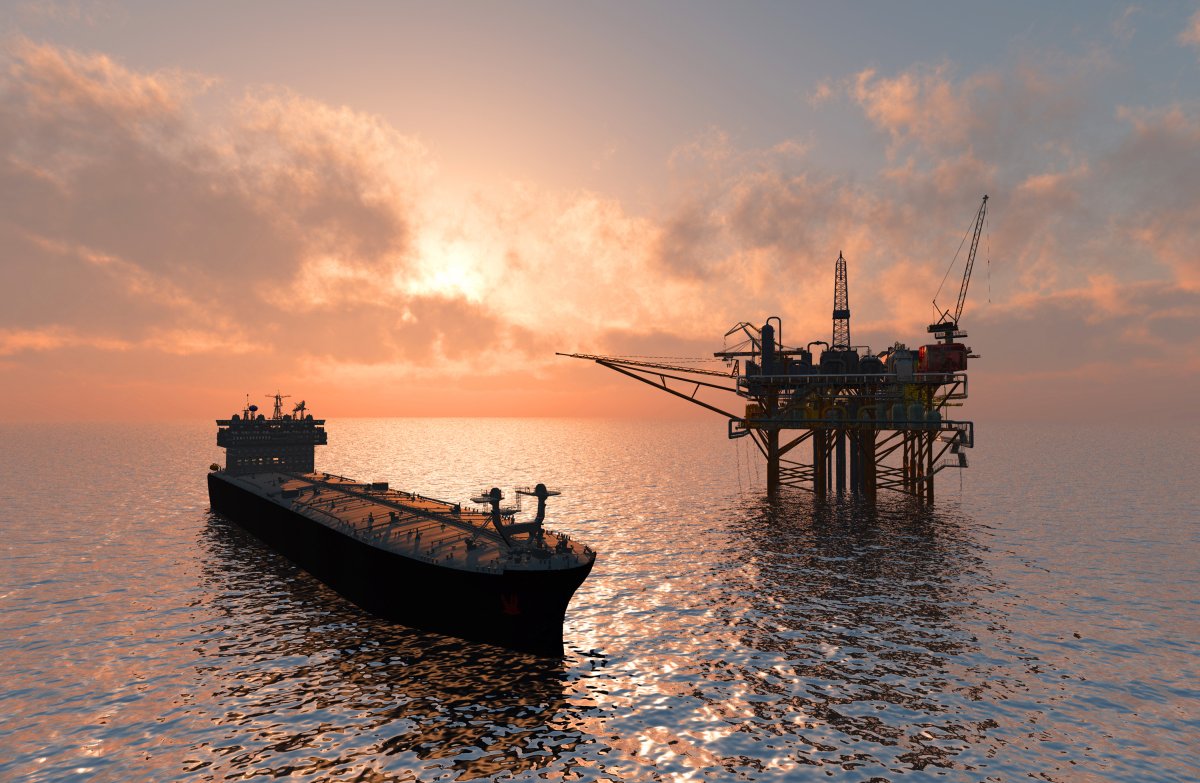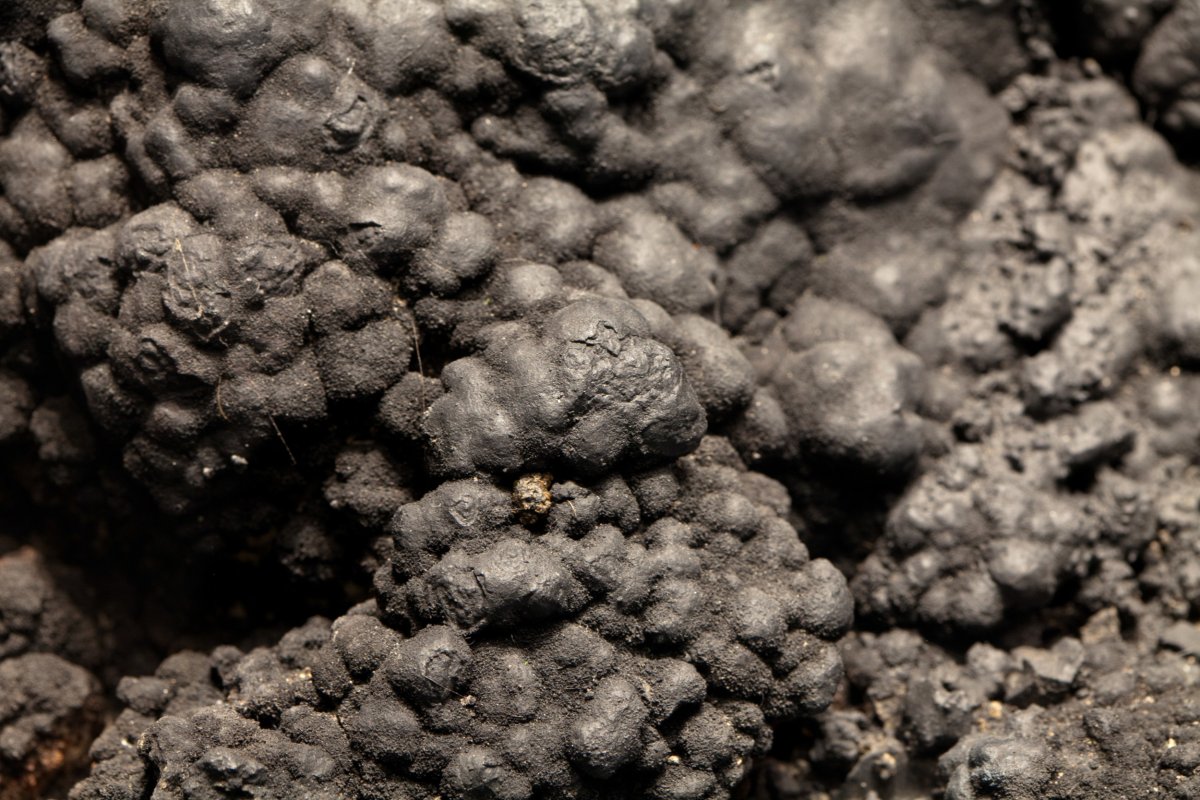Deep sea mining has now been approved to be trialed at the bottom of the Pacific Ocean, in a controversial move.
The Metals Company, a deep sea mining company, has now been permitted to test its mining machinery in the Pacific by the International Seabed Authority for the first time since the 1970s. However, some Pacific Island nations are not fans of this move.
Deep sea mining involves harvesting minerals from the seabed of the deep ocean, below 650 feet, as opposed to underground on land.
The most sought after minerals on the seafloor include polymetallic nodules, polymetallic sulfides and cobalt-rich ferromanganese crusts, all of which can be used for manufacturing rechargeable batteries and smartphones.
Diamonds, gold, nickel, and rare earth elements can also be harvested from the seafloor.

The trial mining machinery involves a giant vehicle that creeps along the ocean floor, collecting rocks and sediment that are then sucked up to the water's surface via a device called a riser.
"In simple terms, [the concerns about deep sea mining are] about unique biodiversity and the potential for extinction, as well as major impacts generally," Gavin Mudd, an associate professor of environmental engineering at RMIT (Royal Melbourne Institute of Technology) University, told Newsweek.
"The cause of these impacts varies, ranging from direct mining of habitats (i.e. the nodules themselves), to deposition of sediment across a large area due to the mining process generating plumes. Whether there is greater detriment from deep sea or land-based mining is highly contentious."
According to the IUCN (International Union for Conservation of Nature), the main concerns that scientists have about deep sea mining include the enormous disturbance of the seafloor caused by the digging and gauging machines, leading to the loss of species, and the fragmentation or loss of ecosystem structure.
The machinery will also create sediment plumes, which will resettle and block pores on corals and sponges, as well as potentially leak chemical pollutants into the water, which could affect animals at every level of the food chain.
"For a use to be sustainable it shouldn't have permanent and irreversible effects on the environment," David Bailey, a marine ecology expert at the University of Glasgow, told Newsweek.
"The needs of the present shouldn't be at the expense of future generations. The evidence so far is that seabed communities don't recover from mining, or they take an enormous time to do so. On this basis I don't think that deep sea mining can be considered sustainable at any level."
One other major effect may be noise pollution, which according to a paper published in the journal Science, could reach hundreds of miles from a single mine site.
Much of the deep ocean remains unstudied, says a paper published in the March 2022 issue of Marine Policy, with there being extensive gaps in our scientific knowledge about deep sea life. Some 653 marine science and policy experts from over 44 countries have signed a petition calling for a pause to deep sea mining in the Pacific.
According to ABC News Australia, the Metals Company has already begun surveying a mining spot between Mexico and Hawaii, and plans to collect around 3,600 tonnes of material before December.

The Pacific Island nations have been torn over these recent developments. While Nauru has sponsored the Metal Company in its mining endeavors, and Kiribati and Cook Islands have looked into seabed mining in their own domestic waters, Tuvalu isn't quite as pleased.
"I note the numerous procedures that were followed toward the approval of the pilot trial, but I feel that the Pacific is quite divided on the issue," Tuvalu Minister of Foreign Affairs Simon Kofe told ABC News Australia.
"Nations have declared or proposed moratoriums, citing the unknown risks of mining to our ocean and its biodiversity."
"I don't know how much money island communities can make from this sort of mining," said Bailey. "They might consider the permanent loss of deep sea biodiversity an acceptable price to pay, and if the mining is within their EEZs [exclusive economic zone] then they have this right.
"A lot of mining is planned for the High Seas, the parts of the ocean which aren't owned by any country. In that case these resources are the property of all humans, and the International Seabed Authority is supposed to represent us."
However, according to one paper published in the journal Marine Environmental Research in 2016, the impacts on seabed life may not be as severe as feared.
"We report wide variation in recovery rates among taxa, size, and mobility of fauna," the paper states. "While densities and diversities of some taxa can recover to or even exceed pre-disturbance levels, community composition remains affected after decades. The loss of hard substrata or alteration of substrata composition may cause substantial community shifts that persist over geological timescales at mined sites."
Greg Barron, CEO of the Metals Company, also doesn't think that the damage will be as bad as some say.
"The evidence that we're seeing ... is indicating that we can collect these rocks ... at a fraction of the environmental and societal impacts compared to land-based alternatives," he told ABC News Australia.
According to Barron, our need for these minerals is greater than the need to wait for more knowledge about the seabed.
"We don't have the luxury of sitting back now and saying, 'well, we should be monitoring this for another 10 years,'" he said.
Uncommon Knowledge
Newsweek is committed to challenging conventional wisdom and finding connections in the search for common ground.
Newsweek is committed to challenging conventional wisdom and finding connections in the search for common ground.
About the writer
Jess Thomson is a Newsweek Science Reporter based in London UK. Her focus is reporting on science, technology and healthcare. ... Read more
To read how Newsweek uses AI as a newsroom tool, Click here.








